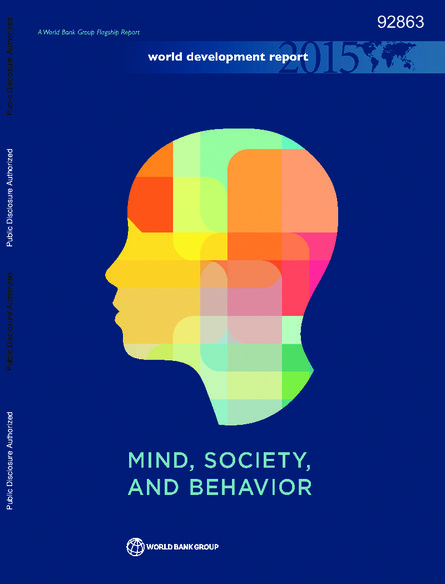
When we think, we generally use concepts that we have not invented ourselves but that refl ect the shared understandings of our community. We tend not to question views when they refl ect an outlook on the world that is shared by everyone around us. An important example for development pertains to how people view the need to provide cognitive stimulation to children. In many societies, parents take for granted that their role is to love their children and keep them safe and healthy, but they do not view young children as needing extensive cognitive and linguistic stimulation. This view is an example of a “mental model.”1 In some societies, there are even norms against verbal engagement between parents and young children (see chapter 5). This particular mental model can have huge consequences, even leading to the intergenerational transmission of poverty.